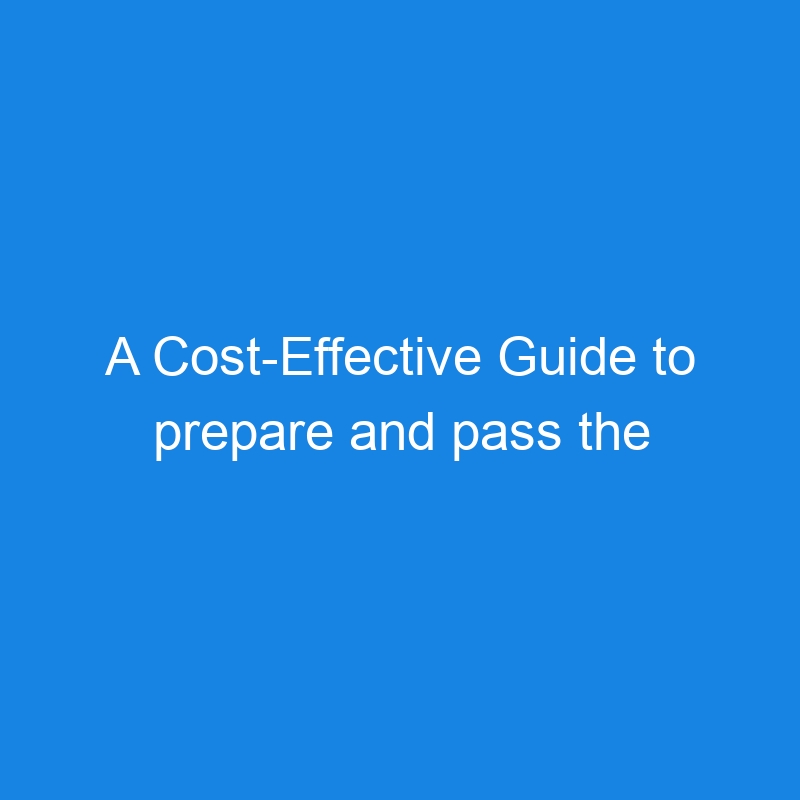If you’re reading this, you’re likely interested in Kubernetes or just curious about my journey—either way, thanks for stopping by!
I recently embarked on my certification journey with Kubernetes and decided to make it as cost-efficient as possible. Starting with the Kubernetes Cloud Native Associate (KCNA) certification, I discovered that with the right resources and strategies, you don’t need to break the bank to succeed. Here’s how I did it.
Preparation Timeline and Resources
The average preparation time for the KCNA certification is 3–6 months, depending on your prior experience with Kubernetes and cloud technologies.
Here’s the curriculum path I followed, which is well-structured and affordable:
Introduction to Linux (LFS101) – Free
Linux basics are crucial for working with Kubernetes, and this course covers the fundamentals.
Introduction to Cloud Infrastructure Technologies (LFS151) – Free
This course gives an overview of cloud technologies, which sets the stage for understanding Kubernetes.
Introduction to Kubernetes (LFS158) – Free
A comprehensive introduction to Kubernetes, perfect for beginners.
Kubernetes and Cloud Native Essentials (LFS250) – $99
This paid course dives deeper into Kubernetes concepts and cloud-native practices. It’s a great investment for serious learners.
These resources were sufficient to equip me for the KCNA certification.
Practice Makes Perfect
Studying is one thing, but practicing under exam conditions is equally important. Here are the practice resources I used, all of which are free or offer free samples:
-
ExamPro by Andrew Brown
Huge thanks to Andrew Brown for his free content and the complete practice exam. This resource alone boosted my confidence significantly. -
Tutorial Dojo
Provides 20 free sample exam questions with detailed explanations. -
ExamTopics
Offers 30 free KCNA practice questions. Beyond 30, there’s a paid option, but the free content is a great start. -
ITExams
Similar to ExamTopics, with different questions. -
VMExams
Features 10 sample questions per session. While many repeat, they’re still helpful for reinforcing key concepts.
Registering for the KCNA Exam – $250
When you feel ready to take the KCNA exam, you can register here: KCNA Exam Registration.
Pro Tip: Keep an eye out for sales on the Linux Foundation website! They often offer discounts of up to 60%, which can make certification significantly more affordable.
Key Takeaways
-
Follow a structured path: The Linux Foundation’s resources are a reliable and affordable starting point.
-
Practice consistently: Use free materials to test your knowledge and get a feel for the exam format.
-
Stay cost-conscious: By leveraging free resources and only spending on essentials, you can prepare for KCNA without overspending.
I hope my experience inspires and helps you on your own certification journey. Kubernetes is a fascinating and valuable skill, and earning the KCNA certification is a fantastic first step into the world of cloud-native technologies.
What comes next? Consider showing off your Kubernetes & cloud native security skills by earning your Kubernetes and Cloud Native Security Associate (KCSA) or go next level with the Certified Kubernetes Administrator (CKA) certification, Certified Kubernetes Security (CKS) and Certified Kubernetes Application Developer (CKAD)
Feel free to connect with me or share your thoughts in the comments. Best of luck on your Kubernetes journey!
